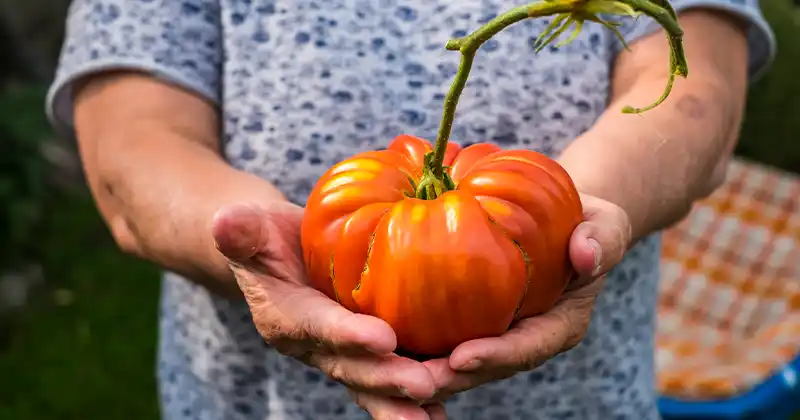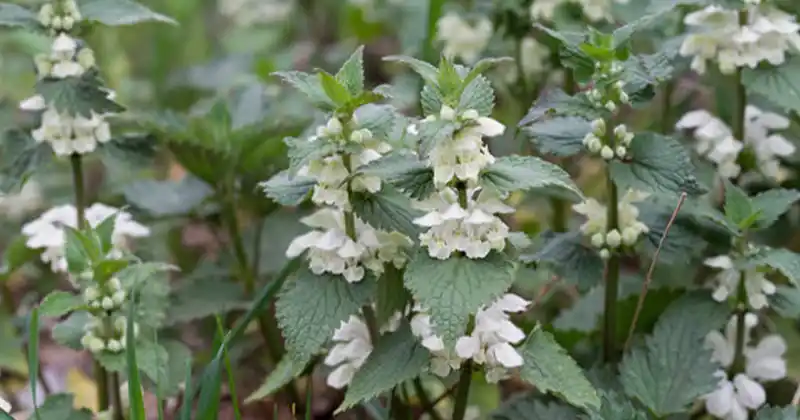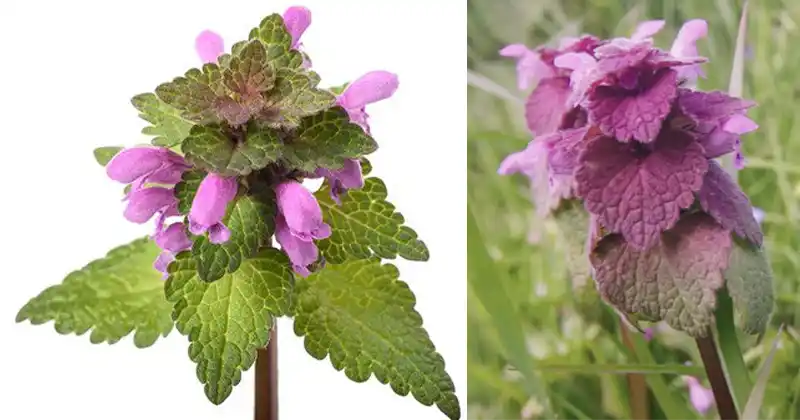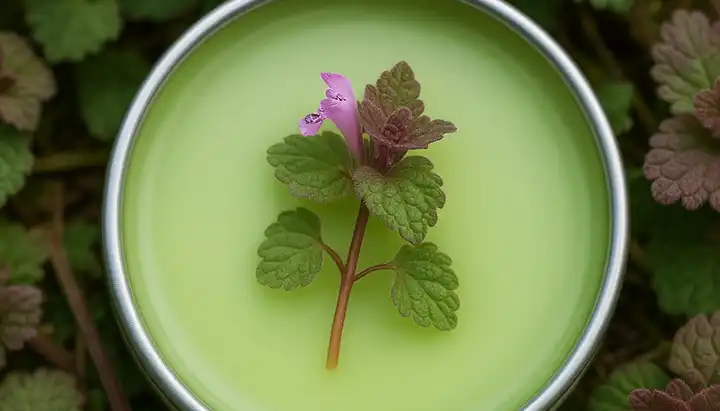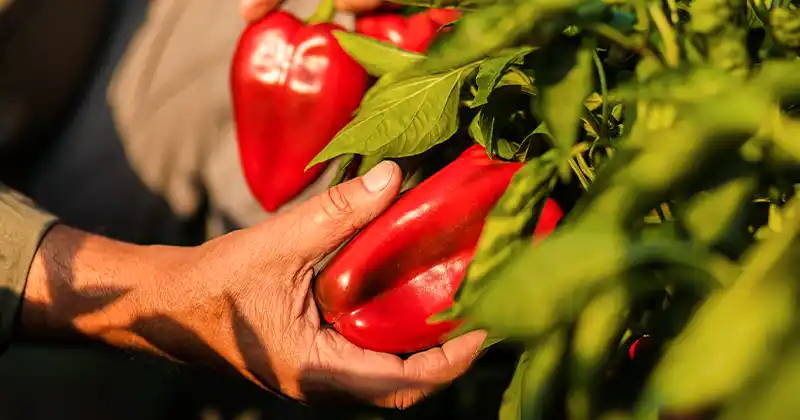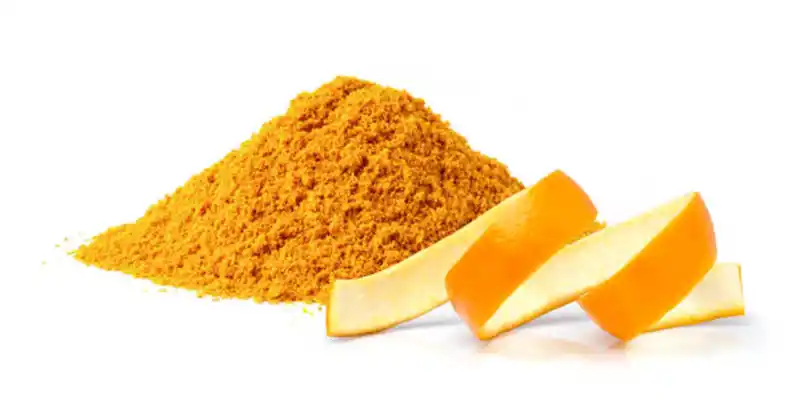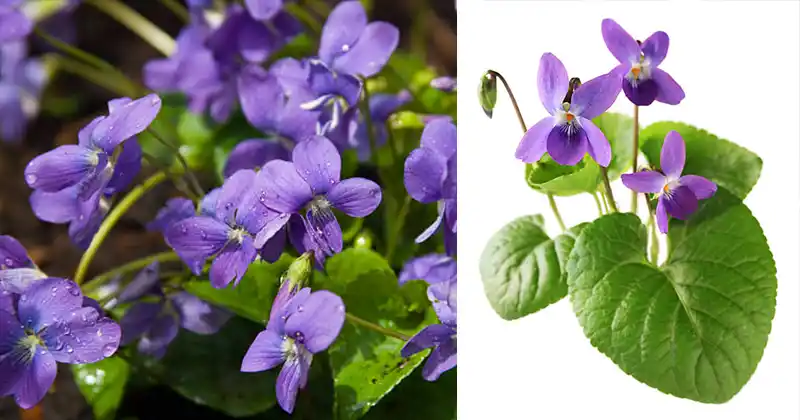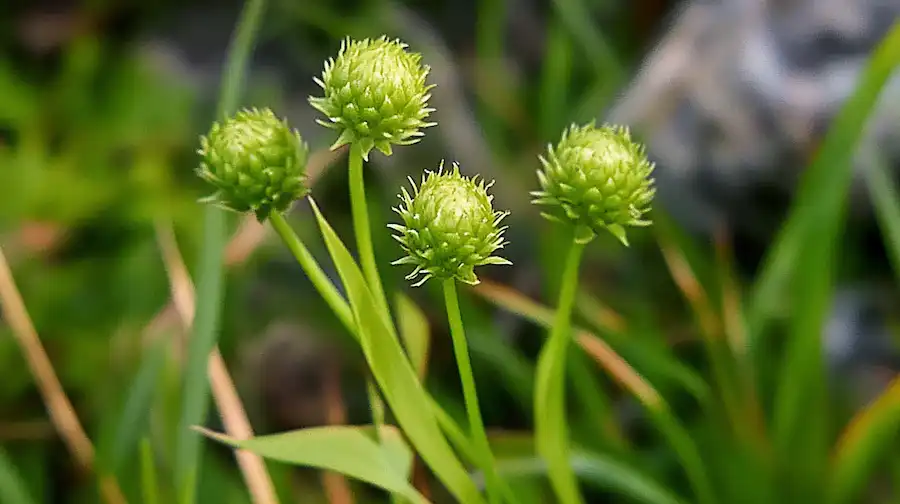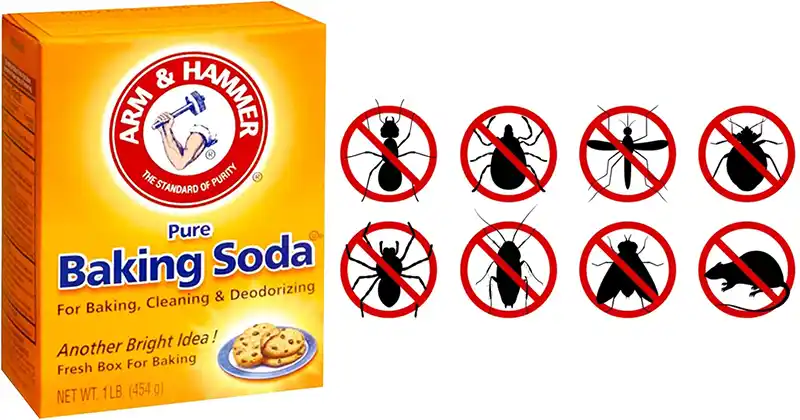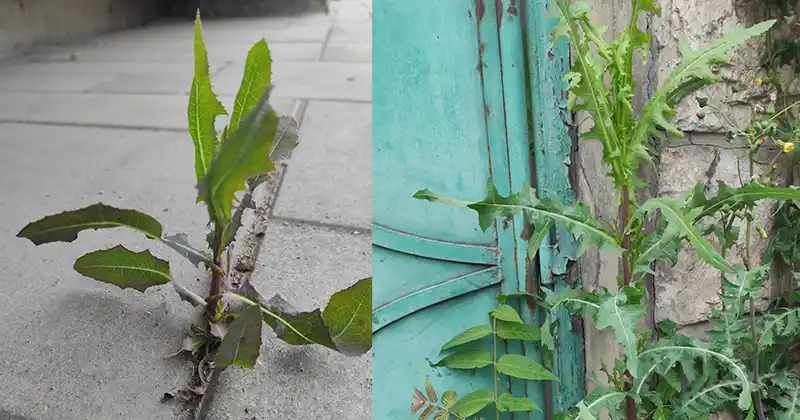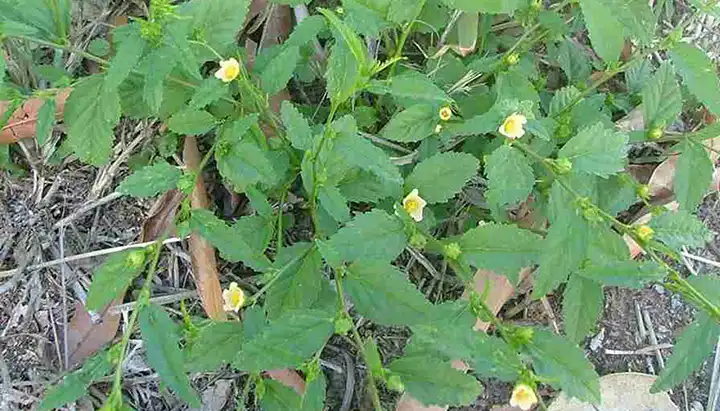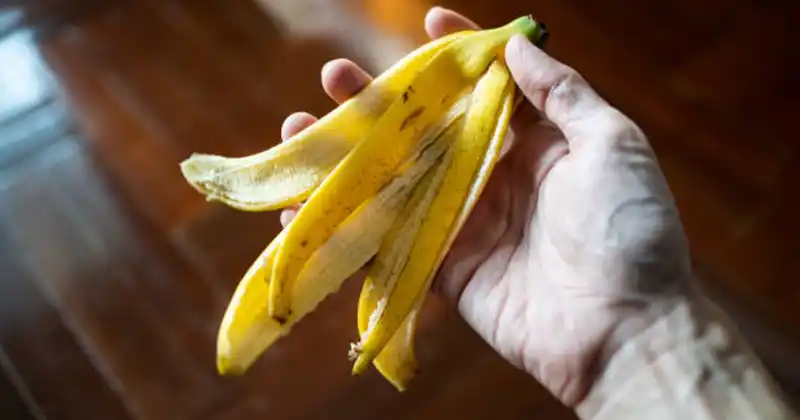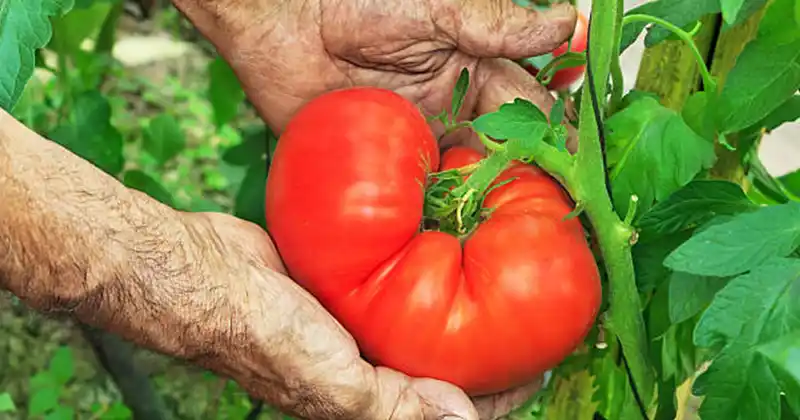Unlock the Secrets to a Thriving Home Garden: Essential Tips and Natural Fertilizers for Robust Plants
Embarking on the journey of planting your home garden promises not just fresh produce but a fulfilling connection to nature. Whether you’re cultivating tomatoes, peppers, or cucumbers, the real magic starts beneath the soil, at the roots. A robust root system is key to healthy and productive plants. This guide will walk you through innovative planting techniques and introduce you to eight natural fertilizers that are both environmentally friendly and remarkably effective.
Preparing Your Planting Area

Before diving into the world of fertilizers, it’s essential to prepare your planting area. If using a greenhouse, ensure it is adequately warmed, maintaining a temperature of at least 30 degrees Celsius before planting. Covering the soil with a 60-micron thick agrotextile can drastically reduce weeding time, facilitating easier soil management and extending its usability for up to six years.
Natural Fertilizers for Optimal Growth
Potato Starch: Begin with this simple yet potent fertilizer. Potato starch is rich in amino acids and essential nutrients like vitamins B1, B2, B5, B6, B9, and traces of vitamin C. It also contains high levels of potassium and magnesium, crucial for developing a strong root system. Learn more about natural fertilizers for tomatoes in Cultivating Vigorous Tomato Seedlings with Natural Homemade Fertilizers.
Pea Fertilizer: Peas provide a rich mix of amino acids, sucrose, and fructose, enhancing soil nutrient content and helping protect plants from chlorosis.
Rice Husk: High in silicon, rice husk improves soil structure and helps plants adapt to various weather conditions, enhancing resilience against temperature extremes.
Biogumus: Known for enriching the soil with slowly-releasing nutrients, biogumus is crucial for preventing diseases like blossom end rot by maintaining balanced moisture and nutrient levels. Discover more about different fertilizer types at Understanding Fertilizers: Types and Their Impact on Plant Growth.
Eggshell Powder: An excellent slow-releasing source of calcium, crucial throughout the plant’s growth period.

Cedar Nut Shell: Adds significant calcium to the soil, enhancing soil texture and promoting root development.
Buckwheat Husks: Ideal for neutralizing acidic soils and improving soil texture, which is beneficial for root growth.
Mycorrhizal Fungi: These fungi form a symbiotic relationship with plant roots, expanding their nutrient-absorbing capabilities, which boosts growth and fruit production.
Planting Technique and Care
When planting, adjust the size of the holes based on the maturity and type of plant—smaller holes for young plants and larger ones for mature plants. Place your chosen natural fertilizer in the planting hole, then gently set the plant and cover with soil.

Water the plants thoroughly after planting to settle the soil around the roots and eliminate air pockets. Maintain soil moisture without overwatering, and cover with agrotextile to regulate temperature and moisture levels. For more on cucumber gardening, visit Unlocking the Secret to Bountiful Cucumber Harvests: Top Natural Fertilizers.
Continued Care and Observation
As your plants grow, they will require tailored care at each stage of development—initially focusing on root development, then on flowering and fruit production. Regular feeding, customized to the growth stage, is essential to keep your garden healthy and productive.
In summary, the success of your garden heavily relies on proper soil preparation and the selection of the right fertilizers. By following these tips and using effective, natural fertilizers, you can ensure your garden not only survives but thrives, providing you with a rewarding gardening experience and a bountiful harvest. Discover more about crafting abundant harvests with homemade fertilizers for container potatoes at Crafting Abundant Harvests: Homemade Fertilizers for Container Potatoes.
